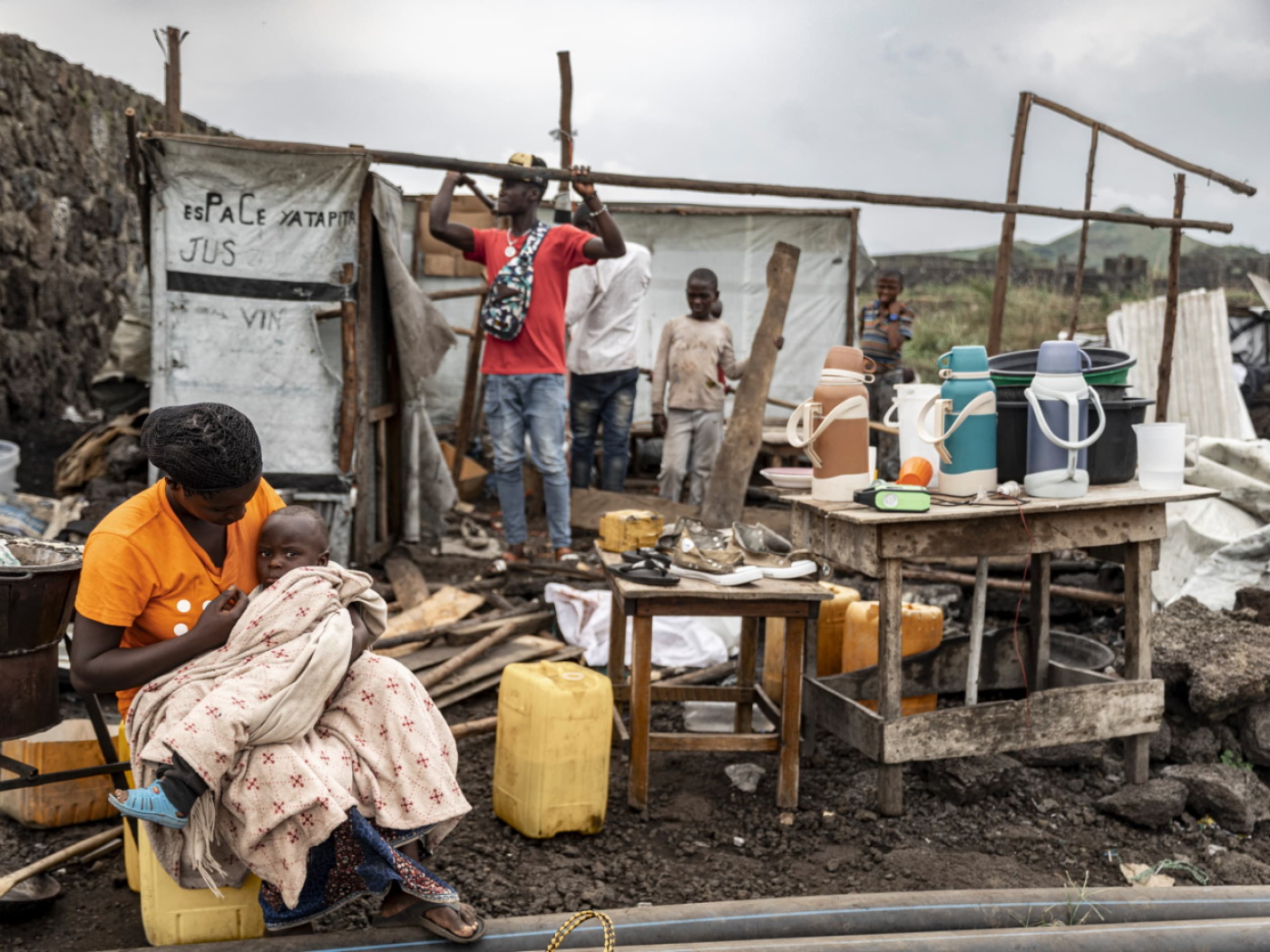Major Swiss banks now forced to calculate climate risks

The Swiss Financial Market Supervisory Authority (FINMA) announced on Monday that it will require major banks and insurance companies to report transparently on climate-related financial risks in the future. Separately, a study ranking Swiss banks’ sustainability efforts highlighted room for improvement.
Going forward, FINMA expects financial institutions to evaluate significant climate-related financial risks and the impact on their strategy, business model and financial planning. They must also disclose their process for identifying, assessing, and handling these risks, as well as publish quantitative information about them, FINMA said on Monday.
The decision reflects the view that climate change also poses long-term risks for financial institutions. The new requirement applies to large banks and insurance companies.
Meanwhile, a study carried out by the World Wildlife Fund (WWF) and the consulting firm PwC found that Swiss banks have made progress on sustainability, although the implementation of the climate targets set out in the Paris Agreement still needs to be anchored in their activities.
The analysis of Switzerland’s 15 largest banks found a shared commitment to climate, the environment, and social issues. However, the banks tend to focus on the environmental impact of their business operations, while few have adopted concrete targets and measures that cover their investment and financing activities, according to a WWF statement.
The range of sustainable products and services has been expanded, but the way in which ecological factors are addressed varies widely: clients often lack the transparency needed to make informed investment decisions. None of the banks in the ranking scored high enough to earn the distinction of being in the top categories of “visionary” or “pioneering” institutions. This was already the case in 2016/2017.
The best performers included Credit Suisse, UBS, Raiffeisen, as well as the cantonal banks of Zurich, Bern, Basel and Basel-Landschaft. Sustainability is an integral part of their corporate strategy, but there are gaps, according to the report, which analysed their balance sheet total at the end of the 2019 financial year.
With the exception of three retail banks, all institutions have sustainability-related investment guidelines that in many cases apply to investment products described as “sustainable”, but also to standard products. This represents an improvement in the sector compared to the previous rating four years ago.
Almost all institutions now offer green mortgages with favourable conditions for green building. The Basel and Zurich cantonal banks are the only institutions that offer their private clients a certain degree of transparency in their asset management products, according to the study. However, this is still mainly focused on the sustainable product range.
“It is crucial to offer sustainable products and services such as housing finance or corporate lending,” writes WWF Switzerland’s managing director Thomas Vellacott, who himself worked for Citibank in the 1990s. “It is also essential that banks systematically measure and disclose the sustainability impact of their products and services to avoid being accused of greenwashing. ”

In compliance with the JTI standards
More: SWI swissinfo.ch certified by the Journalism Trust Initiative




















You can find an overview of ongoing debates with our journalists here . Please join us!
If you want to start a conversation about a topic raised in this article or want to report factual errors, email us at english@swissinfo.ch.